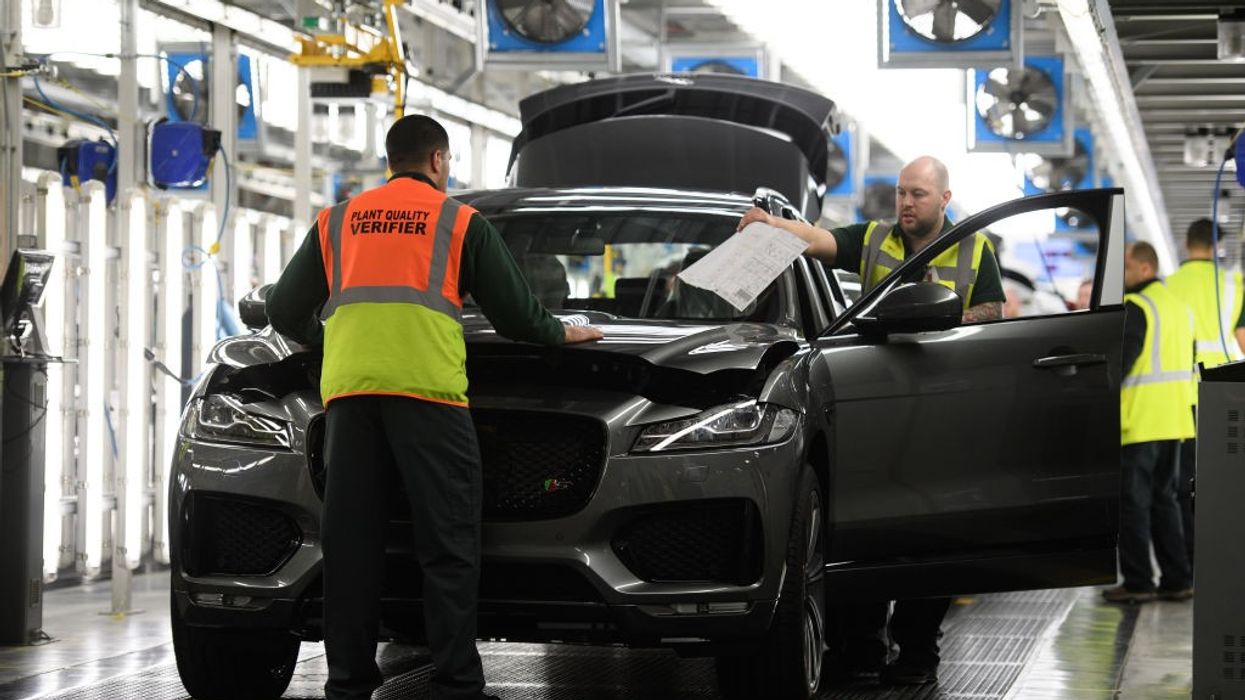In 2006, Shah Rukh Khan starred in Farhan Akhtar’s directorial Don which was a remake of Amitabh Bachchan’s 1978 release Don. The film became a super hit at the box office and in 2011, Farhan and Shah Rukh Khan teamed up again for the sequel of the film titled Don 2. It’s been eight years since Don 2 released and the reports of the third installment in the franchise have been doing the rounds from the past many years. However, according to a report in a daily, there won’t be any films made under Don franchise anymore.
A source told, “These stories about this and the other actors taking over the Don baton are so out of line. Farhan Akhtar (also the director of the Don series) has no script, not even an idea for a plot to do another film. He’s busy with his acting and music career. He hasn’t directed any film for the last nine years. His last directorial was Don 2 in 2011. It looks like the Don series is dead.”
A close friend of Farhan also stated, “I don’t see any inclination in Farhan to direct a film at this point of his life. Right now he’s busy prepping for the role of his lifetime as a boxer in Rakeysh Omprakash Mehra’s Toofan. That will keep him busy this year and most of 2020. Before that, he has just completed another acting role in Shonali Bose’s The Sky Is Pink. Where do you see direction fitting into his schedule?”
Well, this news will surely make the fans of Shah Rukh Khan quite sad. The actor was last seen on the big screen in Zero which failed to make a mark at the box office. His fans have been waiting to know which will be the superstar’s next film. But recently in an interview, SRK said that he is not feeling like signing a movie. The actor said, "Usually what happens is when your one film is coming to an end, you begin work on your next film and I get involved within 3-4 months. But this time I am just not feeling like. My heart doesn't allow me to. I just felt that I should rather take time out, watch films, listen to stories and read more books."





 Kanwar Dhillon Reflects on 10 Career-Defining Moments
Kanwar Dhillon Reflects on 10 Career-Defining Moments  From Debut to Awards: Kanwar Dhillon’s Journey
From Debut to Awards: Kanwar Dhillon’s Journey  Kanwar Dhillon Looks Back on a Decade of Work
Kanwar Dhillon Looks Back on a Decade of Work






